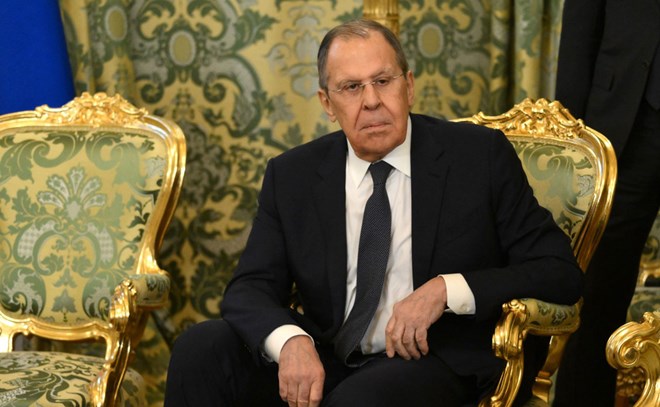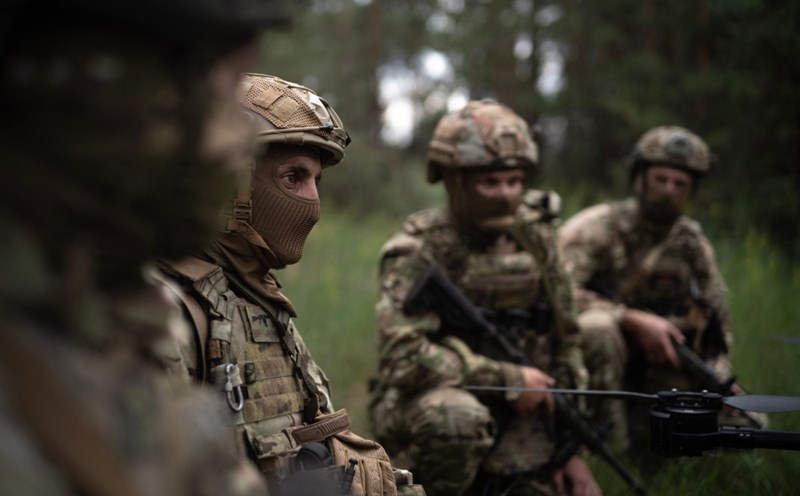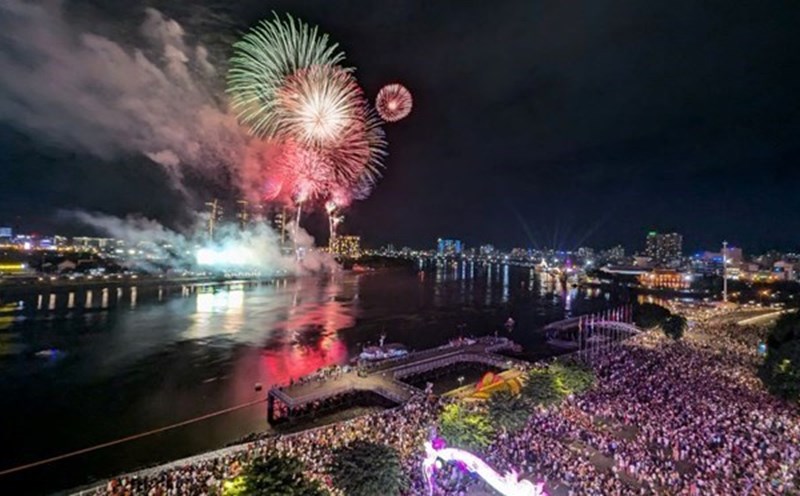Foreign Minister Lavrov affirmed that the problem of collective security in Europe would not be solved without the participation of Russia, because in his opinion, this is a "resolutely" move for Moscow to protect its own legitimate interests.
Mr. Lavrov stated that the common security of the West would be ineffective without Russia, noting that the US and its European allies had understood the discussion of security issues without Moscow as a road to a dead end.
The top Russian diplomat explained that this requirement was motivated by the Kiev negotiating team's proposal to develop security guarantees with the participation of all permanent members of the United Nations Security Council in early negotiations between Russia and Ukraine in Istanbul (Türkiye) in 2022.
Accordingly, Russia, China, the US, France, the UK and a number of other countries will participate, and ensure the security of each country involved will be guaranteed on the basis of equality. He added that Moscow has also strongly supported this approach.
However, according to Mr. Lavrov, the then-UK Prime Minister Boris Johnson "went to and banned the British-backed people in Kiev from signing anything, and demanded continued military action."

The Foreign Minister said that Western European countries supporting Kiev are also failing with the intention of reducing Washington's influence in resolving the conflict in Ukraine, especially when US President Donald Trump constantly pushes for diplomatic measures.
Mr. Lavrov stressed that European NATO countries want to convince Washington to continue supplying weapons, so that they can "continue to pump weapons into Kiev".
Mr. Lavrov's statements were made in response to efforts to promote security guarantees of Kiev and Europe, including sending troops to Ukraine as a precondition for any potential peace agreement with Russia.
In March, the Foreign Minister affirmed that the plan to deploy NATO troops to Ukraine, although under the name of peacekeeping forces, still means official and public direct participation in the conflict with Russia.










